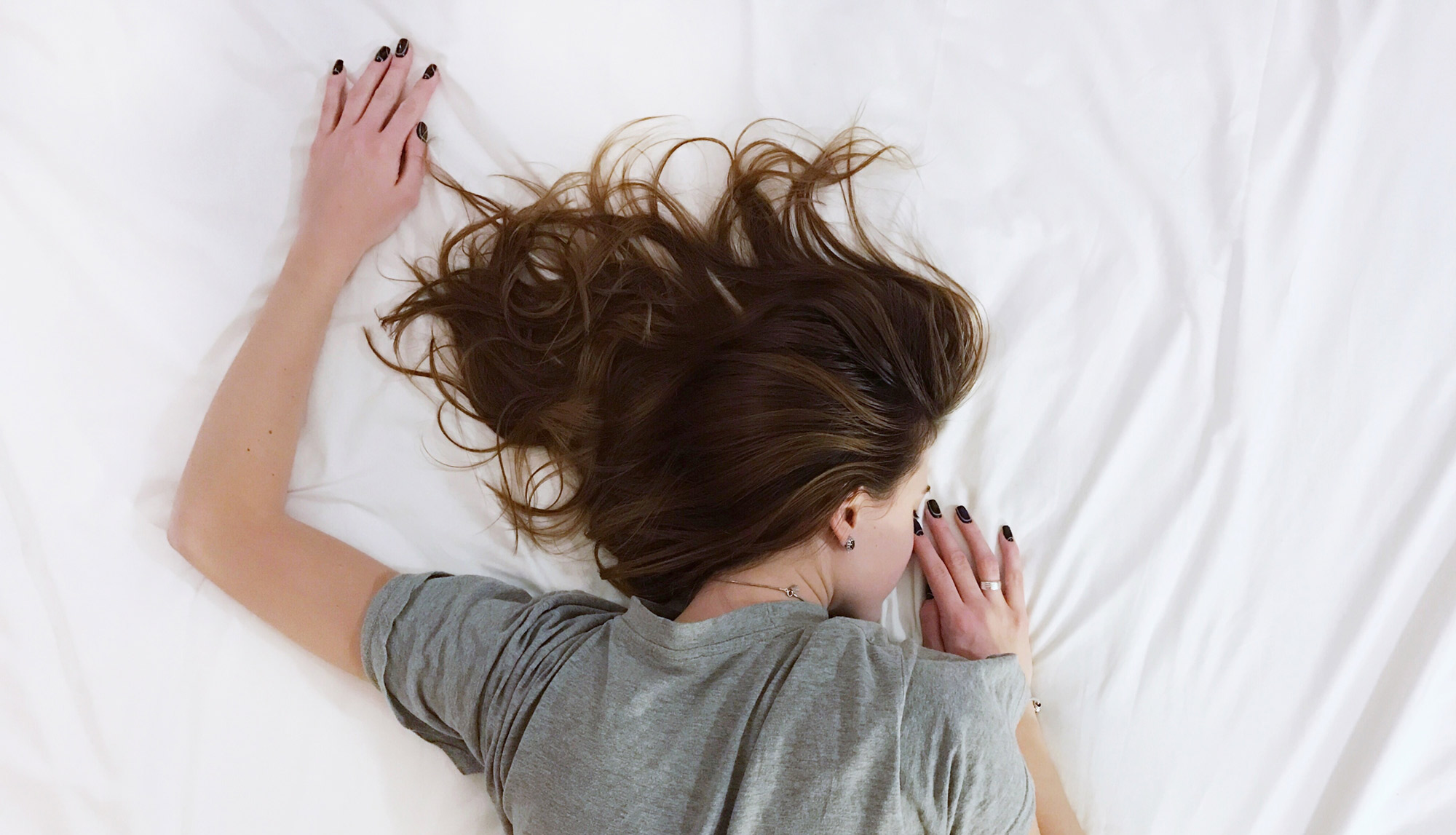
Are You Getting Enough Zzz’s ? Here’s a Few Things to Consider.
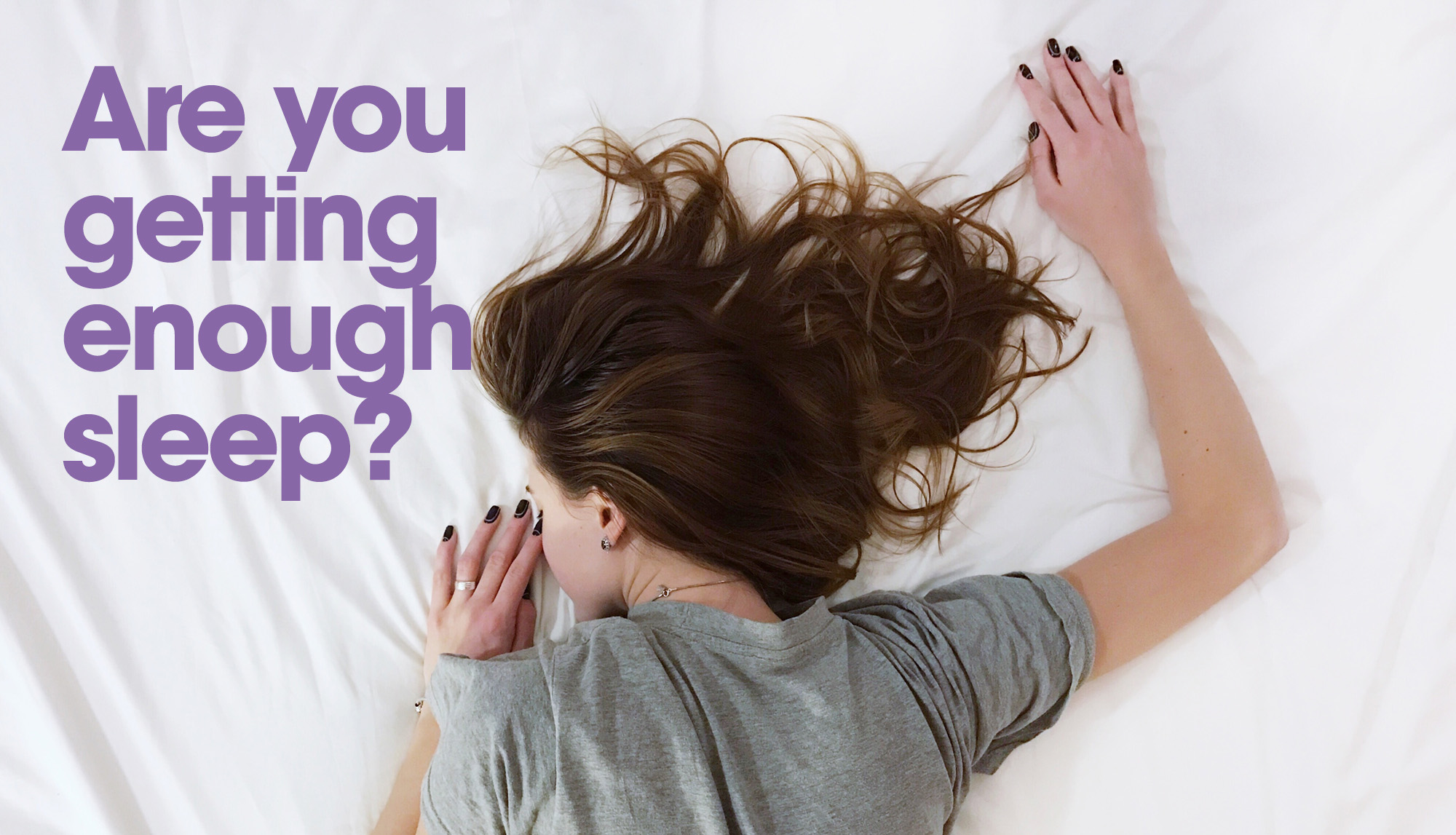
Sleep Problems are Common
There are approximately 80 sleep disorders that we are aware of, ranging from insomnia to sleep apnea. Sleep problems can be triggered by any number of factors, including one’s medications, coffee intake, alcohol consumption, age, anxiety, even restless leg syndrome.
Some proven methods for getting a good night’s rest include avoiding caffeinated drinks after noon, nicotine, limiting alcohol before bedtime, shutting the TV off at an appropriate hour, having set times for going to sleep and for waking up, as well as habitual meditation.
There are three main cycles that define one’s sleep: light sleep, REM (rapid eye movement) and deep sleep.
So how much sleep do you really need?
Most people need 5-8 hours of sleep at night to feel rested and studies have shown that sleep deprivation is directly linked to poor performance at work or school. It affects your mood, ability to concentrate and increases your appetite for carbohydrates and sugar.
Lack of proper sleep also takes its toll on your body. It weakens your immune system, making you more susceptible to diseases. It affects hormone production and slows down the repair of your body’s cells. Sleep Apnea has even been linked with pancreatic and kidney cancer.
Here’s what to look out for.
Morning lethargy is a key symptom in someone suffering from sleep apnea, mostly due to a lack of sleep the night before. Many who suffer from sleep apnea feel the need to have a few cups of coffee throughout the day, particularly first thing in the morning. There are two kinds of sleep apnea: Obstructive Sleep Apnea (OSA) and Central Sleep Apnea (CSA). In the case of OSA, your airways become partially blocked when you sleep and in with CSA, your respiratory drive ceases, causing a lack of respiratory movements.
There’s also a known link between teeth-grinding (Bruxism) and sleep apnea.
There are reasons to believe that OSA and bruxism have a genetic component. Bruxism seems to be associated with overly-sensitive nervous systems or ones that are easily stimulated. Some notable triggers include loud noises, itchy woolen clothing, excessive jewelry or excessive stimuli, causing the nervous system to go into overdrive. These sources seem to be more irritating to people who suffer from bruxism, a majority of whom already suffer from anxiety and depression. Bruxism is also linked to high-stress work environments, namely with “Type A” individuals whose scopes of work are defined by high-levels of responsibility.
It’s almost always certain that if you suffer from bruxism or sleep apnea, your parents did as well. This may have to do with the anatomical structure of the jawbone, joints, soft tissue and airways. Patients with smaller airways and tongues that fall back into the airway while sleeping are highly prone to OSA.
That said, how is one to know, definitively, if they suffer from sleep apnea or not?
Here are a few valuable tips for getting to the root of your sleep issues:
1) Track your sleep with a sleep device
2) Keep a sleep journal, writing down what time you went to bed, what time you woke up and how rested you feel for that day.
3) Always talk to your doctor and/or your dentist about your concerns
___________________________________________________
This article was written by Dr. Sharde Harvey, DDS. FICOI. MS, Clinical Instructor at NYU College of Dentistry and Assistant Attending at Lenox Hill, Department of Otolaryngology. Dr. Harvey has been featured across various media agencies such as Bustle, Buzzfeed, and Pregnancy and Newborn Magazine due to her expertise of over 15 years in General, Cosmetic and Implant Dentistry. Moreover, Dr. Harvey strives to bring awareness around the topic of sleep health, proactively using her knowledge to encourage action. To book your consultation with Dr. Harvey, please click here.
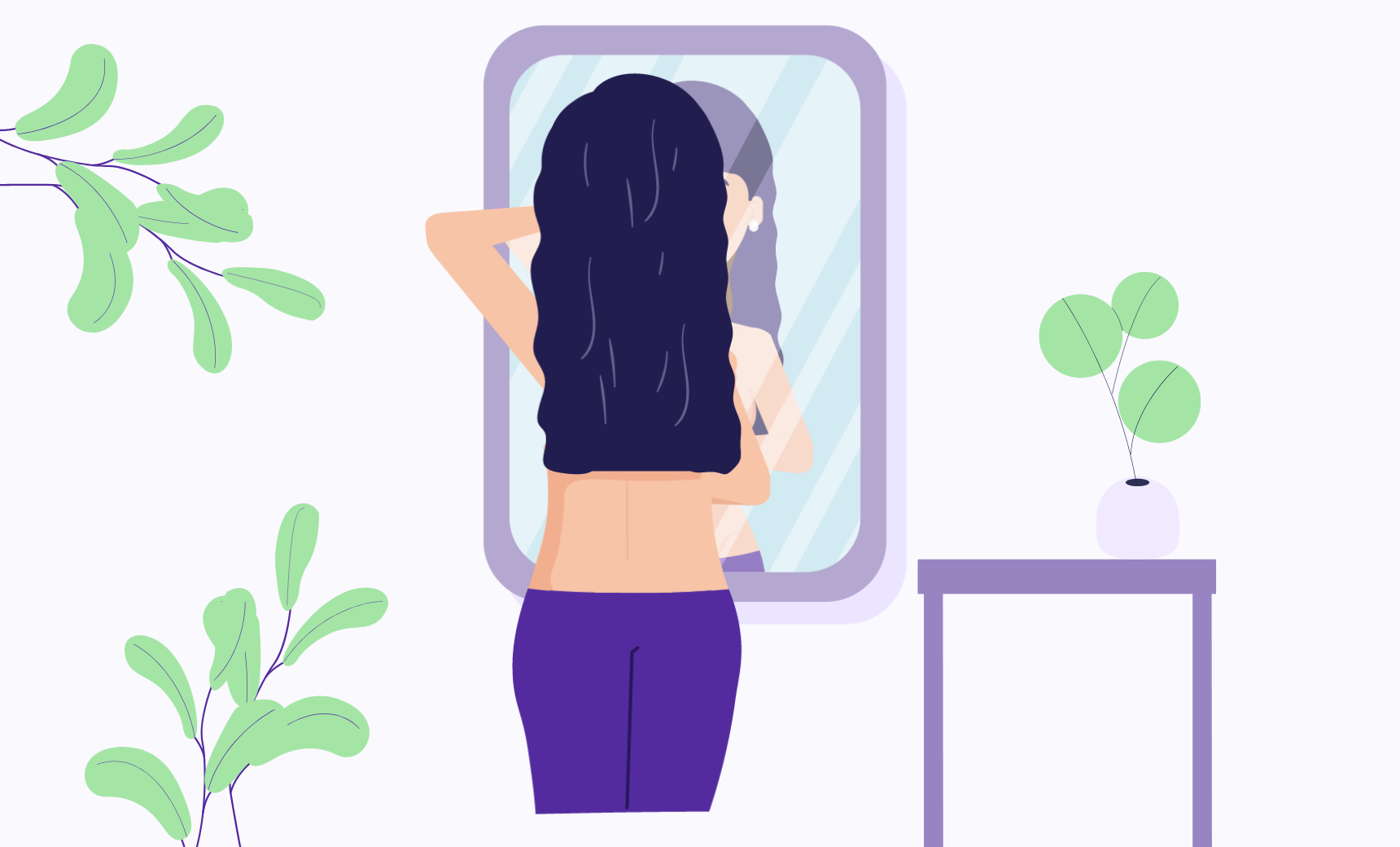
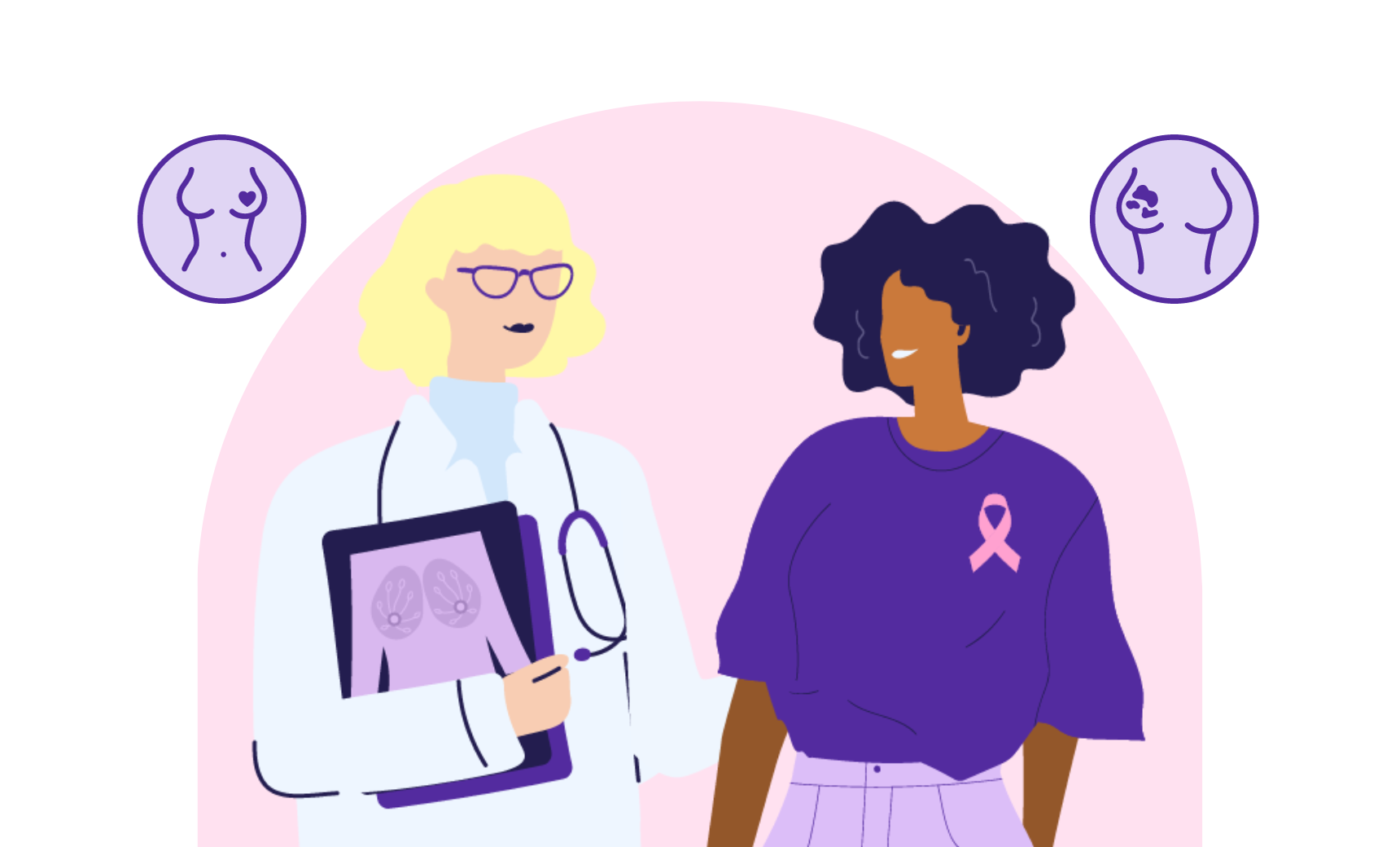
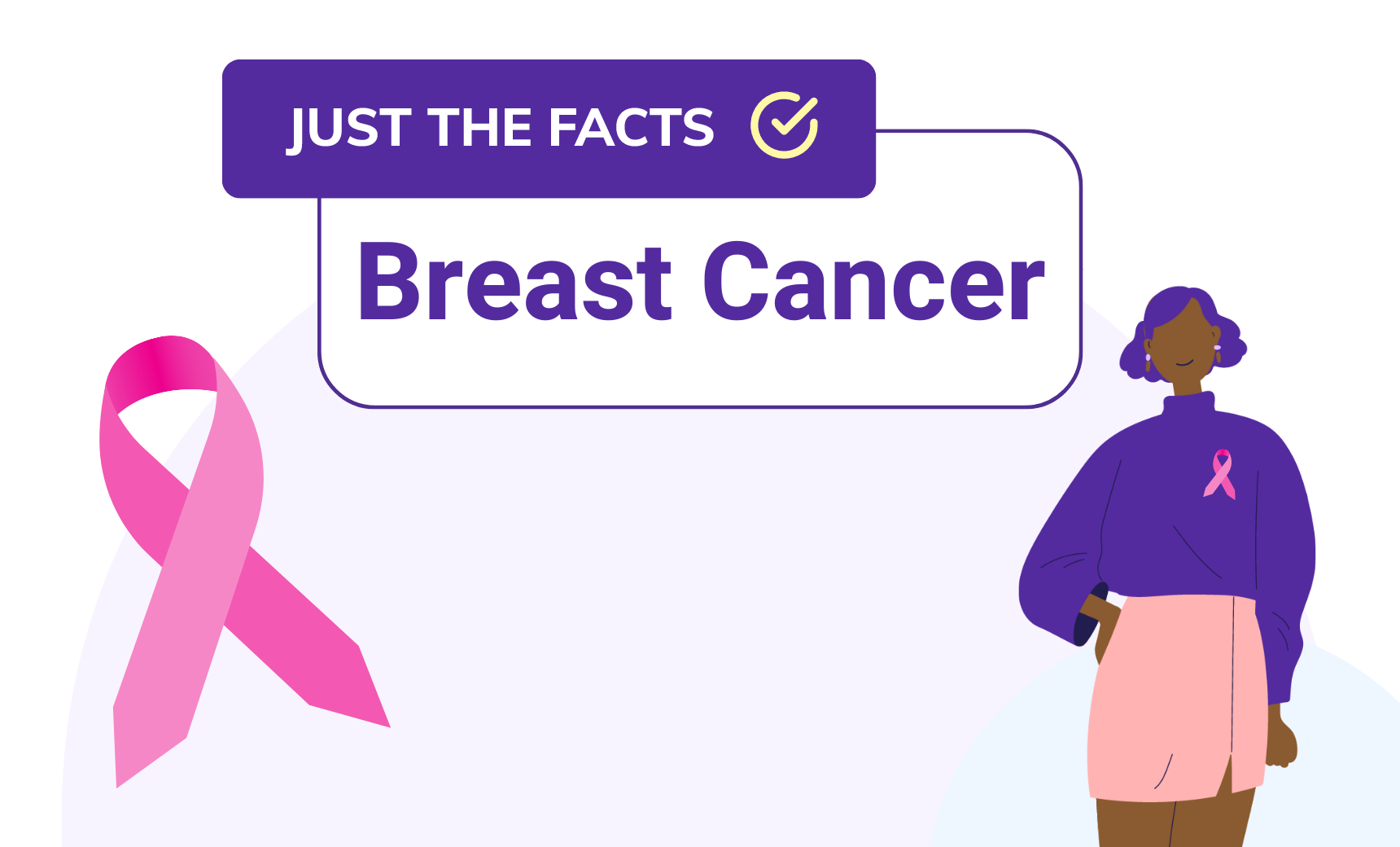

LabFinder Team
The LabFinder Editorial Team is behind The Illuminator and The Insider, LabFinder’s consumer and business blogs.
Dr.Robert Segal
Dr. Segal is CEO and co-founder of LabFinder, as well as a board-certified cardiologist. He began practicing medicine in 2002 and has founded several businesses, including Medical Offices of Manhattan and Manhattan Cardiology.